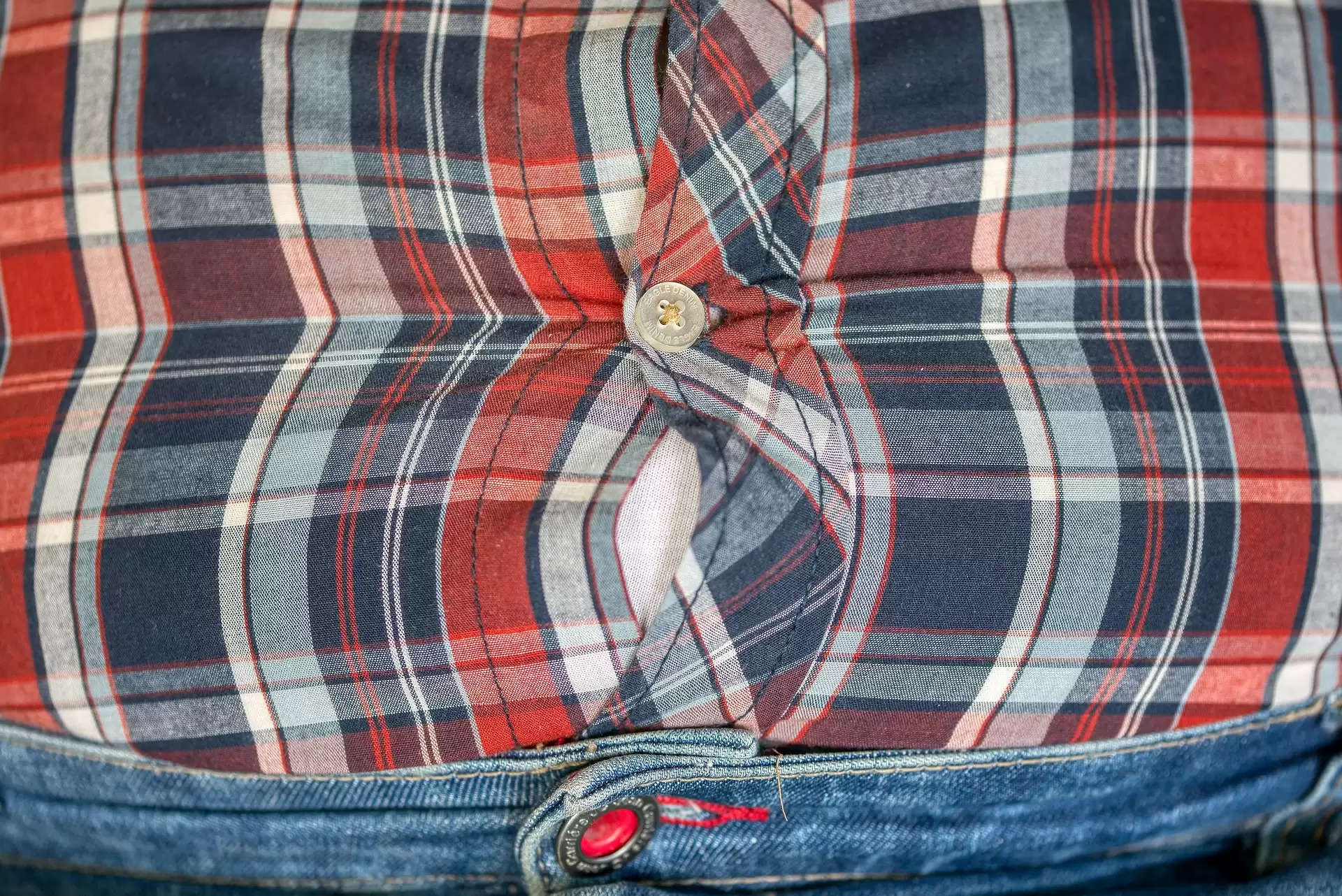Unlock The Secret To Losing Belly Fat

If you find yourself wrestling with the buttons of your pants, you’re not alone in seeking quick solutions for burning belly fat. While consistent exercise and a balanced diet eventually help in shedding pounds, belly fat remains the most challenging to eliminate.
To assist you in your journey, we’ve compiled several effective strategies to lose belly fat and shape your abs in a short period. While these tips can help you achieve a flatter belly, it’s essential to understand the underlying causes of belly fat and take preventive measures.
The Hidden Causes of Belly Fat
If your weight loss efforts haven't yielded significant results, it might be due to factors beyond your control, such as bloating. While diet plays a significant role in belly fat, other factors like emotional health, medical conditions, and hormonal imbalances also contribute.
Rapid eating, chewing gum, consuming hard candy, carbonated drinks, beans, cruciferous vegetables, and whole grains can cause bloating. Increased fiber intake might lead to temporary bloating as your body adjusts. Excessive sodium, lactose, or gluten can also trigger bloating if you are sensitive to them.
Smart Eating Habits
One effective way to lose weight is by planning meals and monitoring daily habits. Including more protein-rich foods like chicken, fish, eggs, tofu, lentils, beans, and oats in your diet can keep you fuller for longer, reducing the urge to snack.
Similarly, fiber-rich foods like broccoli, carrots, avocados, and apples not only provide satiety but also help in reducing fat absorption.
The Role of Tea and Calorie Deficit
Specific teas, such as peppermint, oolong, green, and unfermented white tea, contain antioxidants called catechins that boost metabolism and accelerate fat burning. Maintaining a calorie deficit is crucial for weight loss.
Using food tracking apps or maintaining a food journal can help monitor your calorie intake and ensure a balanced consumption of protein, fiber, carbs, and micronutrients.
Exercise and Strength Training
While all forms of exercise aid in weight loss, full-body strength training is particularly effective in burning belly fat. Building muscle through weight lifting increases metabolic activity, helping you burn calories even after workouts.
Crunches alone won’t do the trick; exercises that engage multiple muscle groups and the cardiovascular system, like planking, are more effective.
Avoiding Trans Fats and Alcohol
Trans fats, labeled as hydrogenated fats, are linked to abdominal fat, inflammation, insulin resistance, and heart disease. Avoiding foods containing these fats is crucial. Additionally, cutting down on beer and other high-calorie alcoholic beverages can significantly impact your belly fat reduction efforts.
Replacing beer with healthier options like vodka with water and lemon can be beneficial.
Mindful Eating and Activity
Eating slowly and chewing thoroughly can prevent excess air intake, which causes bloating.
Incorporating regular physical activity, even a five-minute walk after meals, can help reduce belly fat by relieving gastrointestinal air pressure and bloating.
Sleep and Healthy Fats
Adequate sleep is vital as sleep deprivation can disrupt hormone production, leading to increased appetite and weight gain.
Consuming healthy fats, like those found in walnuts, avocados, and salmon, can aid in belly fat loss by keeping you fuller for longer and providing essential nutrients.
By understanding the causes and adopting a holistic approach to diet and exercise, you can effectively combat belly fat.
Incorporating protein and fiber-rich foods, staying active, avoiding trans fats, and getting enough sleep are key steps towards achieving a flatter belly and overall fitness.
Medical Disclaimer: The information and reference materials contained here are intended solely for the general information of the reader. Patients and consumers should review the information carefully with their professional health care provider. The information is not intended to replace medical advice offered by physicians. You should consult your physician before beginning a new diet, nutritional or fitness program. The publisher or its management do not claim responsibility of this information.
.jpg)
